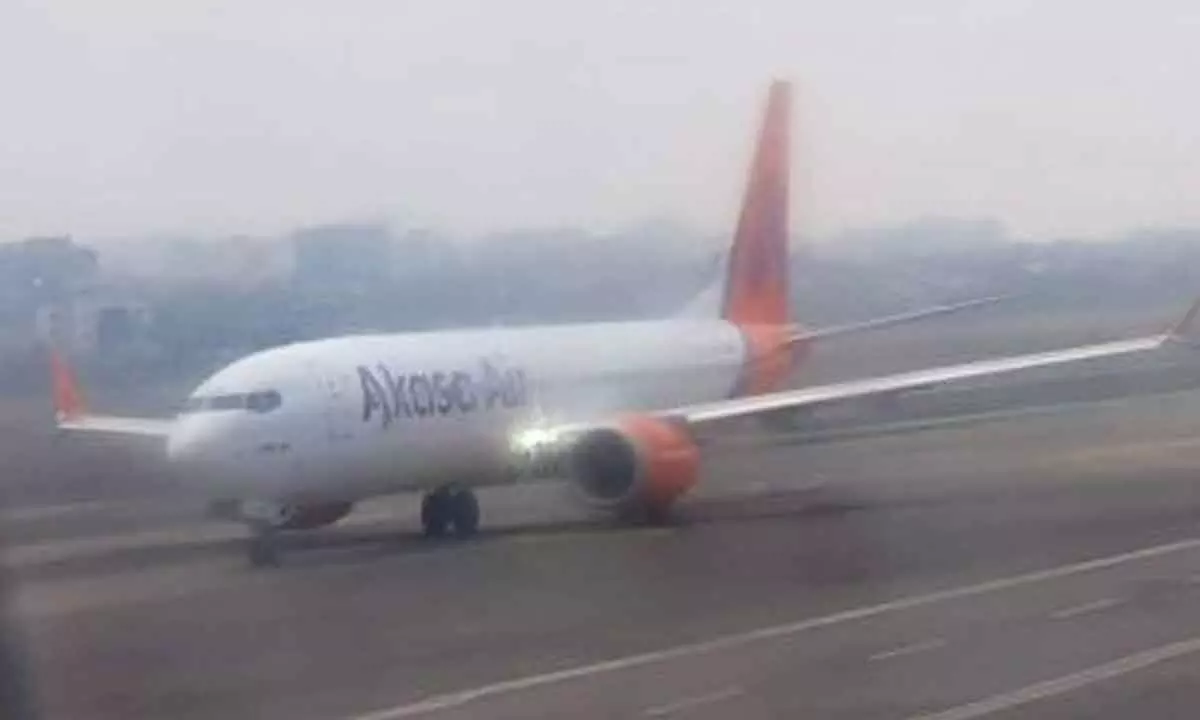Akasa Air battles pilot exodus
Initiated legal remedy against small set of pilots who have left without serving mandatory contractual notice period, says Vinay Dube, CEO, Akasa Air
image for illustrative purpose

New Delhi: A small set of pilots abandoned their duties and left without serving their mandatory contractual notice period, it forced a disruption of flights between July and September, necessitating last minute cancellations that stranded customers and caused inconvenience to the travelling public, the CEO of Akasa Air Vinay Dube said in a mail written to its employees.
“After much deliberation, we have initiated legal remedy against this small set of pilots who have left without serving their mandatory contractual notice period. Their actions were not only in violation of their contract but also the country’s civil aviation regulation. Equally, this is deeply disrespectful to the hard work and utmost integrity that all of you have put in to build our wonderful airline,” read the letter. The CEO claimed that for the first 11 months of operations, Akasa Air has been India’s most on-time airline with the lowest cancellation rates.
“The Ministry of Civil Aviation (MoCA) has documented our leadership in these two critical areas for several consecutive months,” Dube said.
“Some people have questioned whether it is employee centric to seek legal remedy against former employees. Since these acts (pilots resignation) have caused disruption and disrespect to the great work done by our current employees, the most employee centric thing we can do is to remain fiercely protective of your future and the promise we have made to our customers,” he added.
Akasa Air gets nod for international operations
New Delhi: Akasa Air, a budget-friendly airline, has secured authorisation to operate international flights.
According to sources, the airline is poised to commence international routes in December, with initial destinations centred around Middle Eastern nations.
However, the airline awaits the allocation of traffic rights by the government and subsequent approval from the relevant countries.
These traffic rights are typically granted reciprocally on a bilateral basis by governments to airlines of their respective nations.

